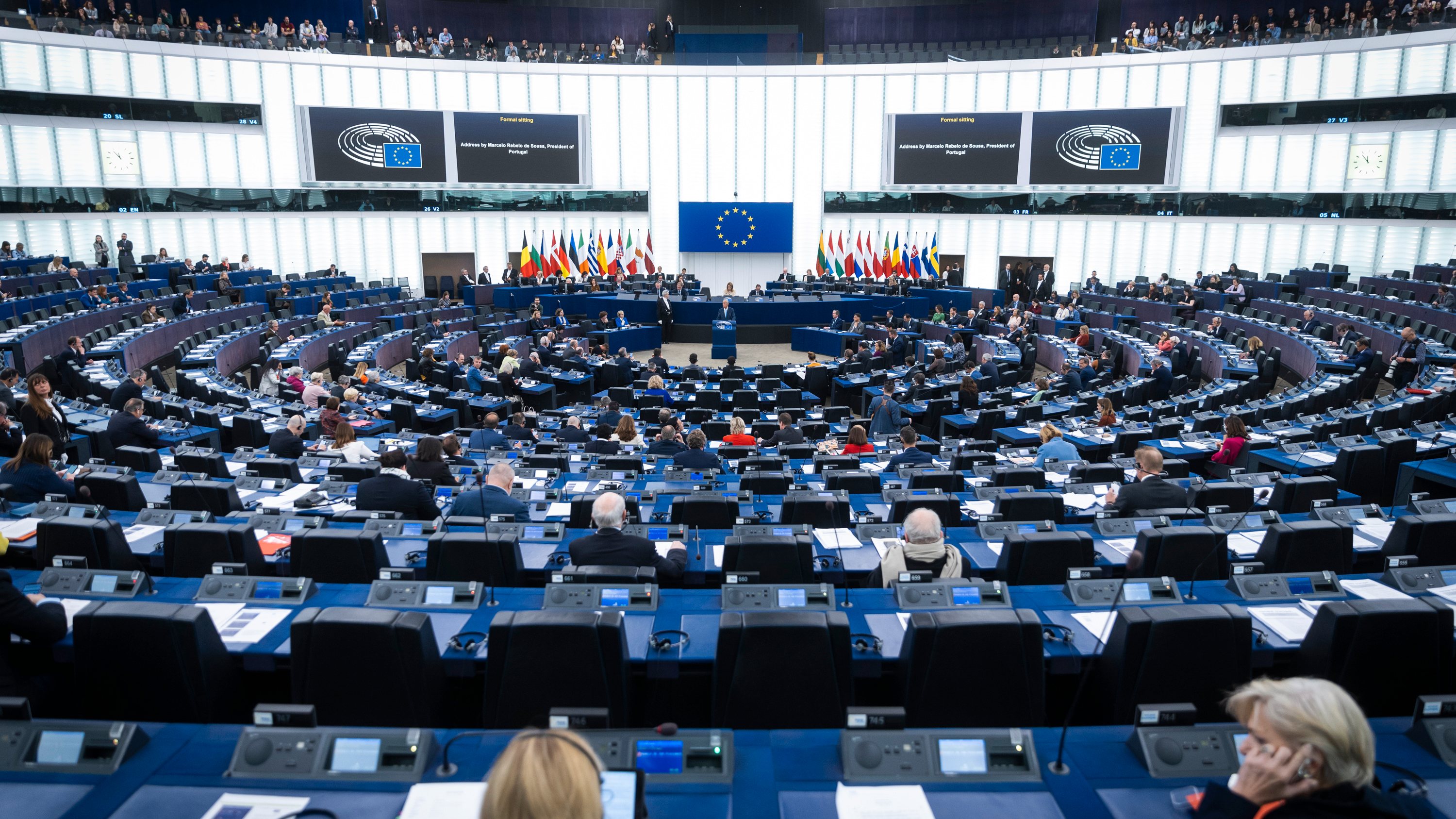Leaders cite, among others, space, artificial intelligence, quantum technology, semiconductors, mobility, healthcare and the pharmaceutical industry as priority areas.
Over the next five years, the European Union (EU) will prioritize improving economic security and reducing dependence on third parties in “sensitive sectors” such as space, pharmaceuticals, chemicals, biotechnology and artificial intelligence.
The strategic agenda 2024-2029, approved in the early hours of this Friday by the heads of State and Government of the 27 member countries of the EU, establishes as priorities strengthening European competitiveness and autonomy after the pandemic and the start of the war in Ukraine.
Both crises highlighted the risks of the bloc’s dependence on essential supplies – from masks to semiconductors and natural gas – amid rising geopolitical tensions and protectionism, prompting it to opt for policies to promote local production and diversification.
“We will strengthen our economic security and reduce harmful dependencies. and we will diversify and protect our strategic supply chains, specifically by strengthening our maritime security,” says the document, which also calls for increasing “our own capacity in sensitive sectors and key technologies for the future.”
Leaders cite space, artificial intelligence, quantum technology, 5G and 6G telecommunications, semiconductors, zero-emission technologies, mobility, healthcare, pharmaceuticals, chemicals and advanced materials as priority areas for the next five years.
According to a report published by the European Commission in 2021, the EU has a “high dependence” on third countries for the supply of 137 products in sensitive sectors (equivalent to 6% of the value of its imports), especially from chinaorigin of more than half of these products, followed by Vietnam (11%) and Brazil (5%).
Seven out of ten of these products are used in sectors with high energy consumption, such as raw materials or chemicals, although there are also large dependencies on healthcare and goods relevant to the ecological and digital transition, such as hydrogen or chips.
The EU, for example, produces only 1% of the raw materials needed for lithium batteries.wind turbines or motors for electric vehicles.
The European bloc sources 98% of its rare earths and 93% of its magnesium from China, 98% of its borate from Turkey and 78% of its lithium from Chile, all essential for almost all advanced technologies.
EU countries manufacture 24% of the world’s active pharmaceutical ingredients, compared to 66% for India and China combined, and 45% of European imports come from the Chinese market.
Source: Observadora
